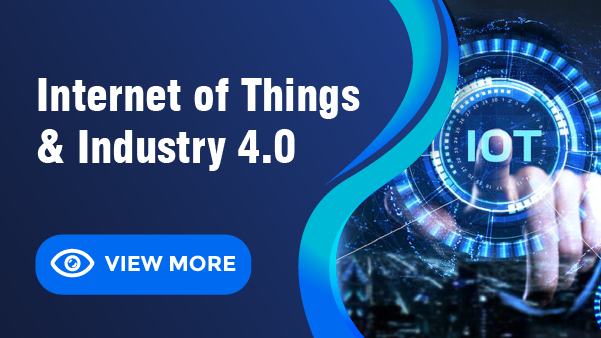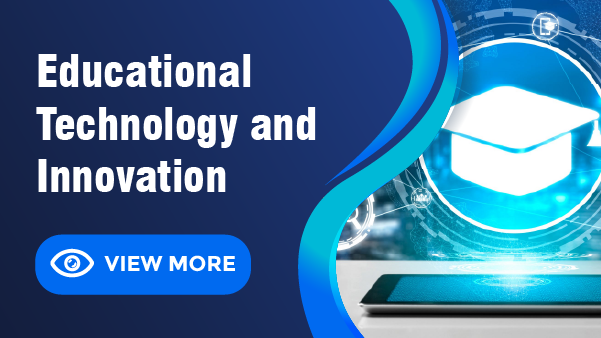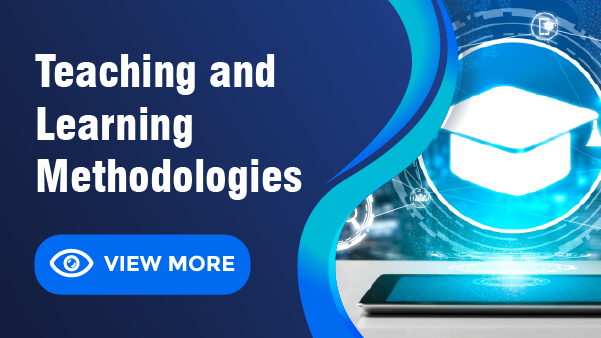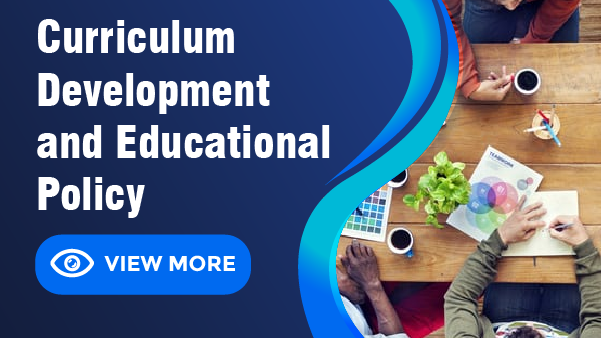Curriculum Development
and Educational Policy
Curriculum Development and Educational Policy
is contribution to
The Sustainable Development Goals
Goal 4: Quality Education
Goal 5 : Gender Equality:
Goal 10: Reduced Inequalities:
Who Can Join
Session 11: "Curriculum Development and Educational Policy"
Theme: Synergy Sessions: Bridging Disciplines for Global Impact
Session Objectives:
Synergy Sessions foster collaborative dialogue between diverse disciplines, emphasizing the integration of social and technological perspectives. The objectives include exploring ethical crossroads, designing socio-technical systems for humanity, and shaping innovative solutions to global challenges. The overarching goal is to encourage interdisciplinary collaboration that transcends traditional boundaries, leading to holistic approaches for societal betterment.
Tracks
1 Curriculum Design and Development
2 STEM Education and STEAM Education
3 Education for Sustainability
4 Education Policy and Reform
5 Teacher Education and Professional Development
6 Higher Education Policy and Practices
7 Early Childhood Education
8 Education and Mental Health
9 The Future of Education
Key Themes
- Ethical Crossroads: Balancing Social and Technological Values: This session delves into the ethical dilemmas that arise at the intersection of social and technological values. Attendees engage in discussions on how to navigate these ethical crossroads, ensuring that interdisciplinary research endeavours uphold the principles of fairness, justice, and human dignity. By grappling with these ethical challenges, participants gain a deeper understanding of the responsibilities inherent in interdisciplinary scholarship.
- Socio-Technical Systems: Designing for Humanity: Here, participants explore the concept of socio-technical systems and their impact on human behaviour and society. Discussions may revolve around designing technologies that are aligned with human values and preferences, fostering inclusivity and accessibility. Attendees gain insights into methodologies for designing socio-technical systems that prioritise human well-being and societal benefit.
- Shaping Societal Structures: Impact of Tech Innovations:: Shaping Societal Structures: Impact of Tech Innovations: This segment examines how technological innovations shape societal structures and dynamics. Attendees analyse the transformative effects of technologies such as artificial intelligence, blockchain, and biotechnology on various sectors, including healthcare, education, and governance. Understanding these impacts is essential for researchers seeking to anticipate and mitigate potential negative consequences while maximising the societal benefits of technological advancements.
- Crossroads of Education, Engineering, and Technology: In this session, participants explore the
synergies between education, engineering, and technology in driving interdisciplinary research and
innovation. Discussions may cover interdisciplinary approaches to STEM education, the role of
engineering in addressing societal challenges, and the integration of technology into educational
practices. Attendees gain insights into how interdisciplinary collaboration across these fields can lead
to transformative solutions to complex problems.
Overall, attending ICSET-2025's sessions provides attendees with a comprehensive overview of the latest technological breakthroughs and their potential applications across diverse domains. By participating in discussions, demonstrations, and networking opportunities, conference attendees can stay abreast of technological trends, exchange ideas with leading experts, and explore collaboration opportunities for driving innovation and addressing global challenges. Moreover, the conference serves as a platform for showcasing research and real-world applications, inspiring attendees to contribute to the advancement of technology and education for the betterment of society.
This topic, “Interdisciplinary Research” presents attendees with an invaluable opportunity to explore the intersection of various fields and disciplines, fostering collaboration and innovation. The conference covers a wide array of topics, each offering unique insights into the complexities of interdisciplinary research and its implications for society.
Evaluation Process
- Within 2-3 days of the abstract submission, a double-blind peer review process is conducted by the scientific review committee.
- Authors will receive the results of the abstract review within 2-4 days of submission.
- Notices of paper acceptance or rejection, along with reviewer comments, will be sent to the author.
- If revisions are required, authors must submit amended abstracts within a week.
- Rejected manuscripts will include reviewer suggestions to aid authors in improving their studies.
IFERP ensures a timely and fair review process for abstracts submitted to ICSET-2025, despite a large volume of submissions.
Scope & Benefits of Attending ICSET-2025 conference
Prepare yourself for an extraordinary experience at the ICSET-2025 conference, where attendees will have the opportunity to explore a diverse range of topics spanning various disciplines.

Benefits
of
Attending ICSET-2025
- The International Conference on Social Science, Engineering, Education, and Technology (ICSET-2025) offers a diverse array of sessions meticulously designed to empower participants with invaluable knowledge and opportunities for collaboration across various disciplines.
- The "Global Insights" session serves as a platform for participants to delve into the multifaceted landscape of global issues, fostering a deeper understanding of social, economic, and political phenomena. By engaging in discussions and sharing perspectives, attendees can gain profound insights into the interconnectedness of the world, paving the way for informed decision-making and impactful interventions.
- In the "Tech Showcase" session, participants would have the opportunity to explore the latest advancements in technology, including artificial intelligence and cybersecurity. By immersing themselves in demonstrations and presentations by industry leaders and researchers, attendees can stay abreast of cutting-edge developments, identify emerging trends, and envision the potential applications of innovative technologies in their respective fields.
- The "Education Hub" session is dedicated to exploring innovative approaches to education and pedagogy. Participants can exchange best practices, discuss challenges, and brainstorm solutions to enhance teaching and learning experiences. Through collaborative efforts, educators and researchers can foster a conducive environment for knowledge dissemination and skill development, ultimately shaping the future of education.
- "Innovation Junction" serves as a catalyst for creativity and entrepreneurship, providing a platform for participants to showcase their groundbreaking ideas and projects. By sharing success stories, networking with like-minded individuals, and seeking feedback from industry experts, attendees can refine their innovations and explore avenues for commercialization, driving positive societal impact and economic growth.
- "Advancing Research Methodology" equips participants with the tools and techniques necessary to conduct rigorous and impactful research. Through workshops, seminars, and discussions, attendees can enhance their methodological skills, address methodological challenges, and explore new avenues for inquiry. By fostering a culture of methodological rigor and innovation, this session empowers researchers to produce high-quality scholarship that contributes to the advancement of knowledge.
- The "Future Trends Forum" offers a glimpse into the future, where participants can anticipate and prepare for upcoming trends and developments in their respective fields. By engaging in intellectual discussions, scenario planning, and trend analysis, attendees can proactively adapt to changing landscapes, identify emerging opportunities, and position themselves as thought leaders in their industries.
- Finally, the "Interdisciplinary Research" session encourages cross-pollination of ideas and collaboration across disciplines. By breaking down silos and fostering interdisciplinary dialogue, participants can leverage diverse perspectives and expertise to address complex challenges and unlock novel solutions. Through interdisciplinary collaboration, researchers can transcend traditional boundaries, drive innovation, and generate transformative impact in society.
- Overall, the sessions offered at ICSET-2025 provide participants with a unique opportunity to engage in meaningful discussions, gain insights into cutting-edge trends and innovations, and forge collaborations that have the potential to shape the future of social science, engineering, education, and technology.
Author Guidelines
Guidelines for Abstract Submission:
- Language: Abstracts must be written in English.
- Length: Limited to one paragraph with 200-250 words.
- Format: Submit in MS Word (.doc or .docx) document format.
- Content: Abstracts should provide an informative summary of the original work. Include a brief biography with your abstract, following the example provided in the template.
- Formatting: Center-align the Title, Author's Names, and Affiliations. Underline the presenting author's name.
- Submission: Please submit your abstract through the designated submission portal.
- Acknowledgment: Upon abstract submission, you will receive an acknowledgment email within three working days.
Evaluation Process

Guidelines for Full Paper Submission
If your abstract has been accepted and the registration fee for ICSET-2025 has been paid, you are invited to submit the full paper. Please adhere to the following guidelines for the submission:

- Total number of pages: 6-8 in double-column format
- Language: English (checked for grammar and language errors)
- Tables, figures, and images should be properly named and of high quality.
- Keywords should be written in lowercase letters (except for names/scientific names) and separated by commas.
- Affiliation names, including the country, must be provided.
- Each paper should be structured into the following sections:
- Background, Motivation, and Objective
- Statement of Contribution/Methods
- Results, Discussions, and Conclusions
Once your full paper is prepared according to the above instructions, please proceed to submit it through the provided link. Submit your Full paper Here.
Expected Outcomes
- Improved research skills and methodologies among participants.
- Increased awareness of ethical considerations in interdisciplinary research.
- Empowered researchers capable of conducting impactful cross-disciplinary studies.
PEER-REVIEWED GOOGLE SCHOLAR INDEXED JOURNAL
Technoarete Transactions on Renewable Energy, Green Energy and Sustainability

Transaction on Biomedical Engineering Applications, Healthcare





















